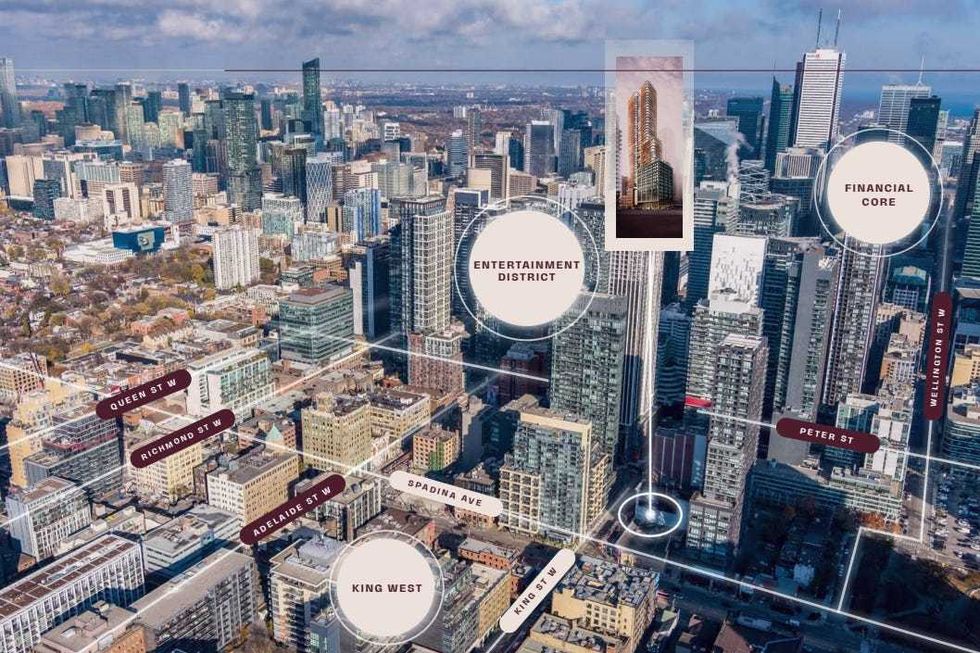Actual Cash Value
Understand actual cash value (ACV) in Canadian real estate insurance, how it’s calculated, how it differs from replacement cost, and when it applies.

May 22, 2025
What is Actual Cash Value (ACV)?
Actual Cash Value (ACV) refers to the amount an insurance provider will pay to replace damaged or lost property, taking depreciation into account.
Why Actual Cash Value Matters in Real Estate
In Canadian real estate insurance, actual cash value is used to calculate the payout for claims involving personal belongings or property components.
ACV = Replacement Cost – Depreciation
Key characteristics:- Lower payouts than replacement cost coverage
- Accounts for age, wear, and market value
- Common in basic insurance policies
Policies based on ACV may leave homeowners responsible for the gap between depreciated value and full replacement. Understanding ACV helps in selecting the right insurance coverage.
Example of Actual Cash Value
A 10-year-old roof damaged in a storm is valued at $4,000 under ACV, despite costing $10,000 to replace. The insurer pays the depreciated value.
Key Takeaways
- Based on the depreciated value of items.
- May result in lower claim payouts.
- Different from replacement cost policies.
- Standard in some basic insurance plans.
- Important for homeowners to review coverage.
Related Terms
- Depreciation
- Replacement Cost
- Home Insurance
- Coverage Limit
- Insurance Appraisal


 205 Queen Street, Brampton/Hazelview
205 Queen Street, Brampton/Hazelview







 CREA
CREA
 Liam Gill is a lawyer and tech entrepreneur who consults with Torontonians looking to convert under-densified properties. (More Neighbours Toronto)
Liam Gill is a lawyer and tech entrepreneur who consults with Torontonians looking to convert under-densified properties. (More Neighbours Toronto)

 401-415 King Street West. (JLL)
401-415 King Street West. (JLL)
 Eric Lombardi at an event for Build Toronto, which is the first municipal project of Build Canada. Lombardi became chair of Build Toronto in September 2025.
Eric Lombardi at an event for Build Toronto, which is the first municipal project of Build Canada. Lombardi became chair of Build Toronto in September 2025.